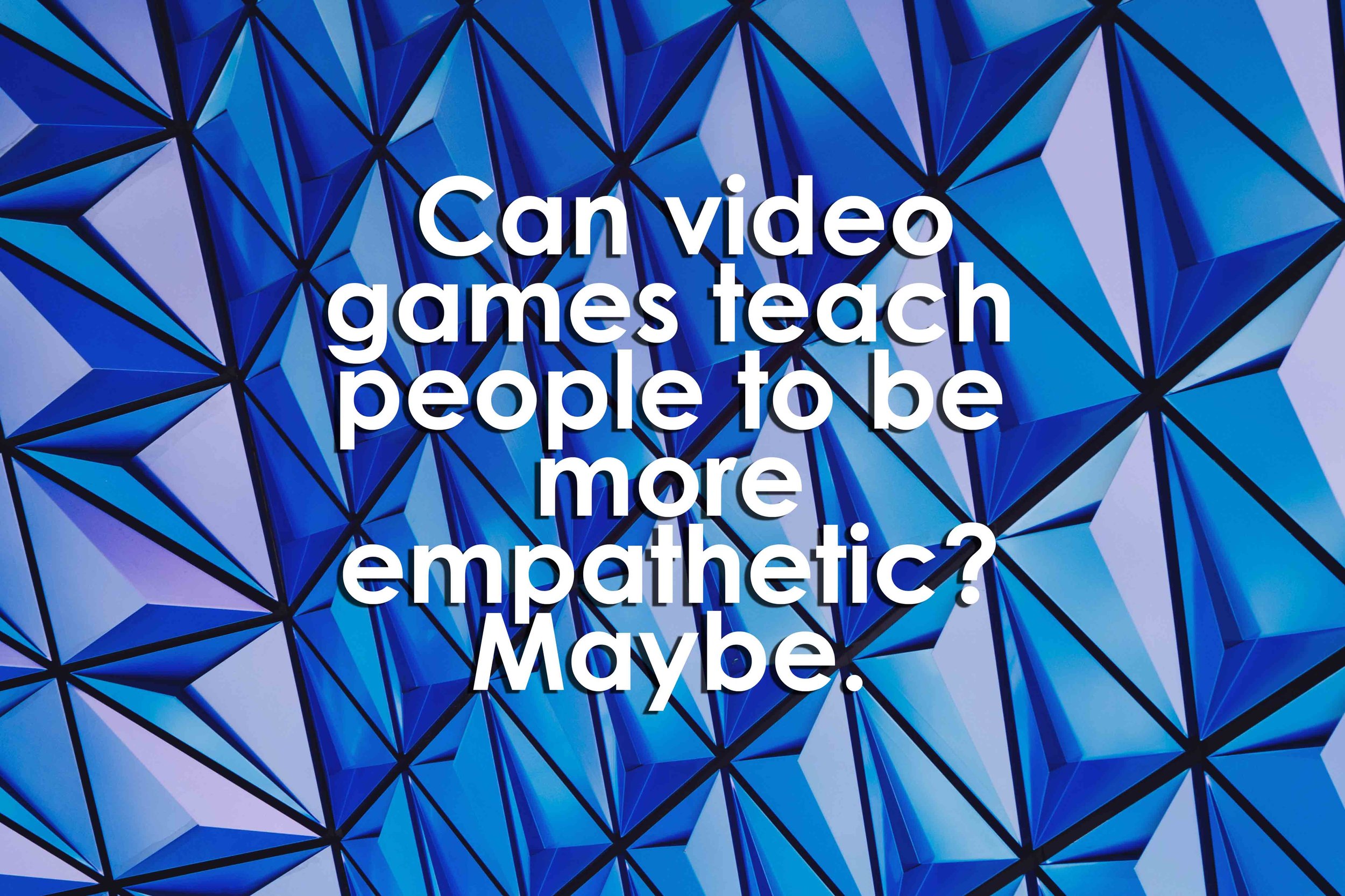Can video games teach people to be more empathetic? Maybe.
Can video games teach people to be more empathetic? Maybe.
Can video games teach people to be more empathetic? Maybe.
June 25, 2022
By Caren Chesler
Summary
Path Out is one of a growing number of video games designed to engender empathy in those who play them.
"We are now starting to realize the power that games can have at evoking certain competencies such as empathy and compassion," said Matthew Farber, a professor of educational technology at the University of Northern Colorado and author of "Gaming SEL: Games as Transformational to Social and Emotional Learning."
Playing games with other people helps us develop stronger "Cognitive empathy," which is the ability to see the world from someone else's point of view - even when it doesn't match our own, said Jane McGonigal, a video game designer.
Co-author of a 2017 working paper on "The Limits and strengths of using digital games as empathy machines," said a misconception exists about empathy.
Some games engender empathy simply because players have feelings, and they haveagency in the game, meaning they can choose the outcomes that will affect people around them in the game.
Schrier, who is also author of "We the Gamers: How Games Teach Ethics and Civics," studied the game "Way" several years ago in which people played anonymously and had to rely on one another to attain a goal.
"I wish these games would use different wording, like, 'raising awareness,'" instead of empathy games or games that allow you to walk in someone's shoes, said Kishonna Gray, associate professor in Writing, Rhetoric, and Digital Studies at the University of Kentucky and a faculty associate at Harvard's Berkman Klein Center for Internet and Society.
Reference
Chesler, C. (2022, June 28). Can video games teach people to be more empathetic? maybe. Retrieved July 1, 2022, from https://www.washingtonpost.com/health/2022/06/25/video-games-empathy/


